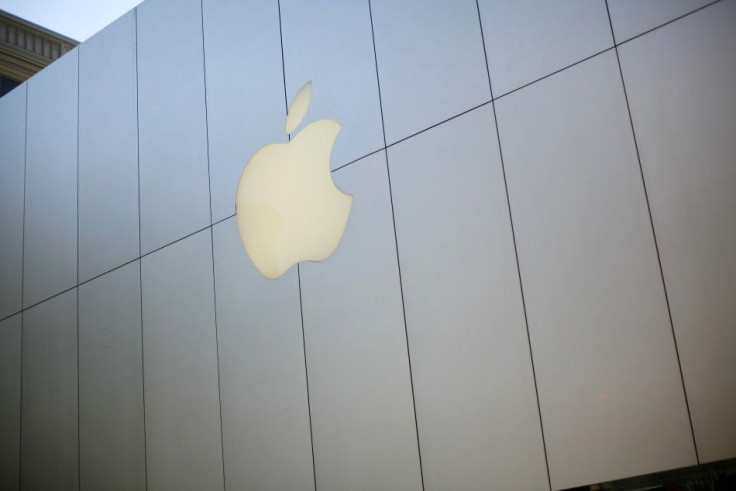Apple Didn’t Impersonate SFPD in iPhone 5 Search, But Details Still Sound Shady
OPINION

After CNET first reported that Apple lost an iPhone prototype in July, presumably of the iPhone 5 - and that the company went to a local house looking for it - an initial SF Weekly report suggested that Apple employees may have impersonated police officers in searching the local house.
Now, contradicting earlier claims, the San Francisco Police Department (SFDP) said several of its officers accompanied Apple employees in part of the operation, thus ruling out the crime of blatantly impersonating police officers.
A statement from the SFPD explained the situation as the following:
Apple employees called Mission Police station directly, wanting assistance in tracking down a lost item. Apple had tracked the lost item to a house located in the 500 block of Anderson Street. Because the address was in the Ingleside Police district Apple employees were referred to Officers in the Ingleside district. Four SFPD Officers accompanied Apple employees to the Anderson street home. The two Apple employees met with the resident and then went into the house to look for the lost item. The Apple employees did not find the lost item and left the house.
The Apple employees did not want to make an official report of the lost item.
However, even with that explanation, the reported details and certain allegations uncovered by SF Weekly still sound shady.
First, the local man whose house was searched, one Sergio Calderón, claimed that the group of individuals announced themselves as the San Francisco Police Department. Calderón said they did not disclose that some of them were Apple employees and that he was under the impression that they were all police officers.
Thus, from the perspective of Calderón, Apple may have effectively impersonated police officers, whether it was intentional or not.
Second, the SFPD did not supervise the search of Calderón's home, which is arguably unethical.
Third, Calderón claims that the Apple employees (who he presumed to be police officers) threatened his household about their immigration status.
Is everyone in this house an American citizen? one of the Apple employees said, according to Calderón.
Fourth, the Apple employees did not make an official report and kept their request off record (hence an SFPD employee's initial response to SF Weekly that no police officers took part in the search for the iPhone prototype), even as they sought the authority to search a private citizen's home.
While it's unlikely that Apple intentionally lost its iPhone 5 prototype and involved the SFPD in an elaborate publicity stunt, the details of how it handled its hunt for the iPhone 5 prototype leaves questions unanswered and raises concerns about the propriety of the modus operandi, both on the part of Apple and the SFPD.
When Apple lost its iPhone 4 prototype in 2010, it and a California police group were criticized for the group's raid on Gizmodo editor Jason Chen's home to seize his computers and hard drives.
© Copyright IBTimes 2025. All rights reserved.




















